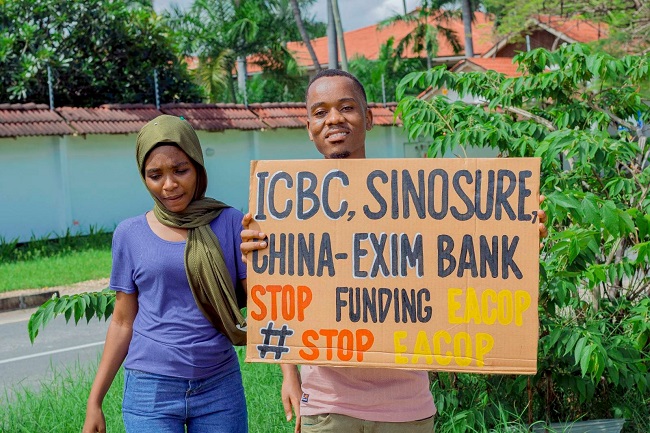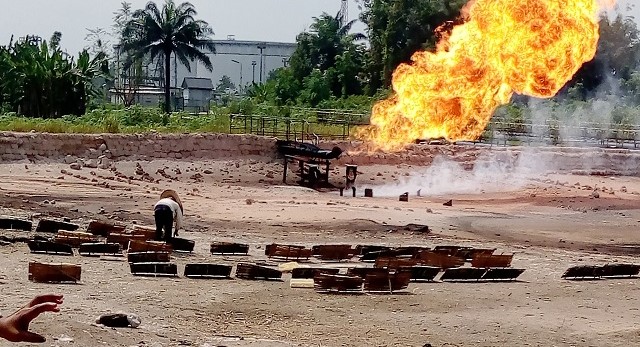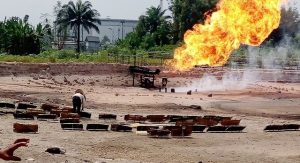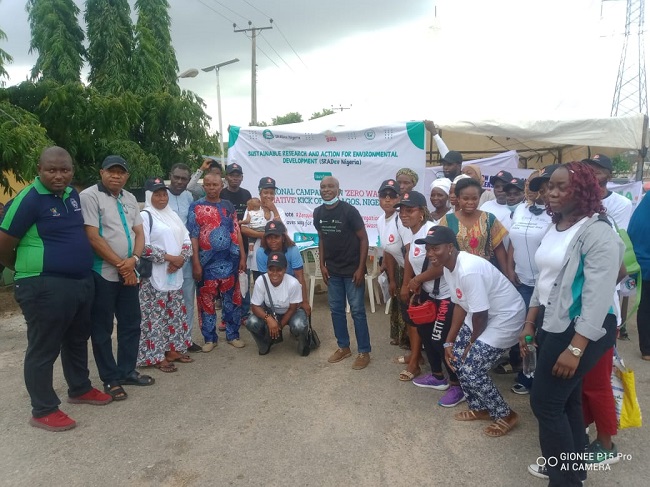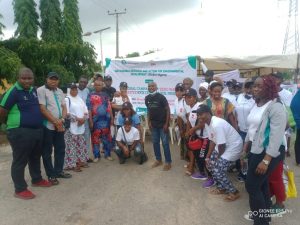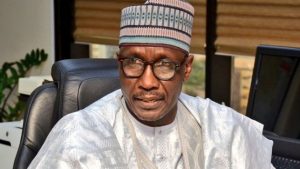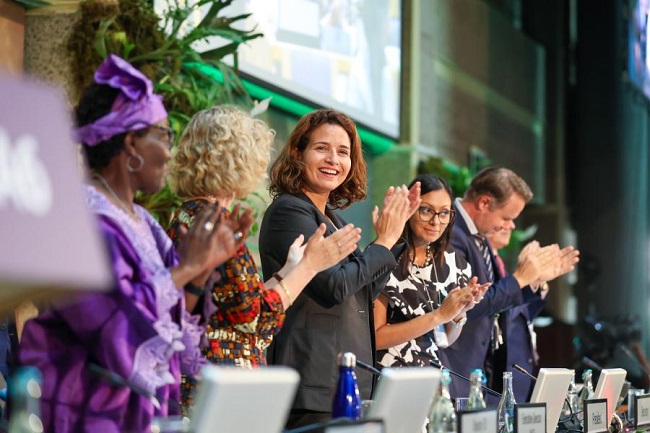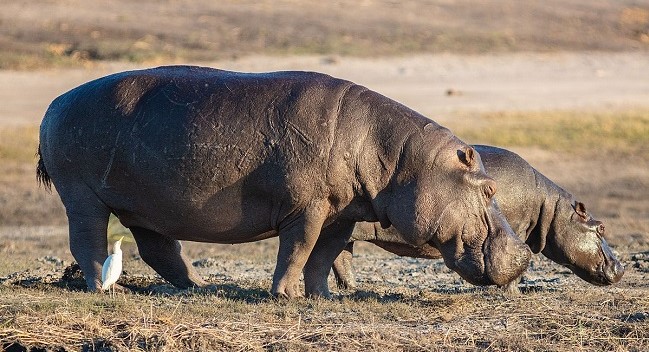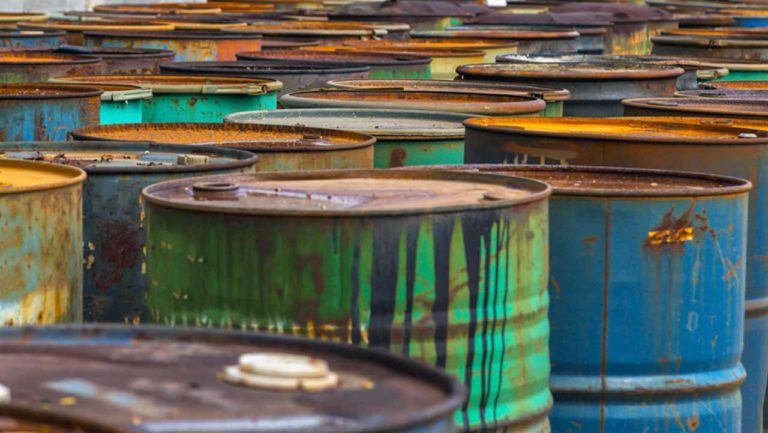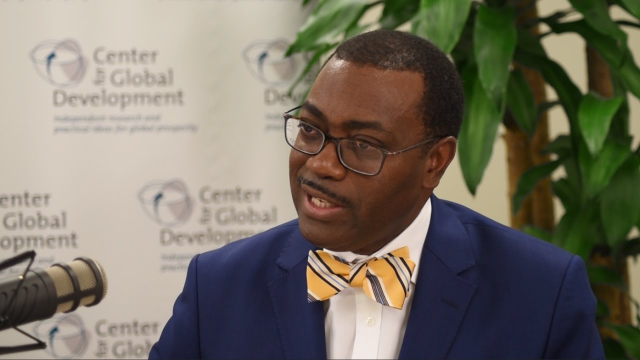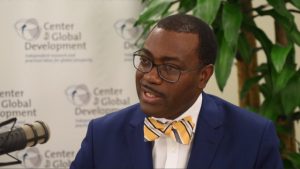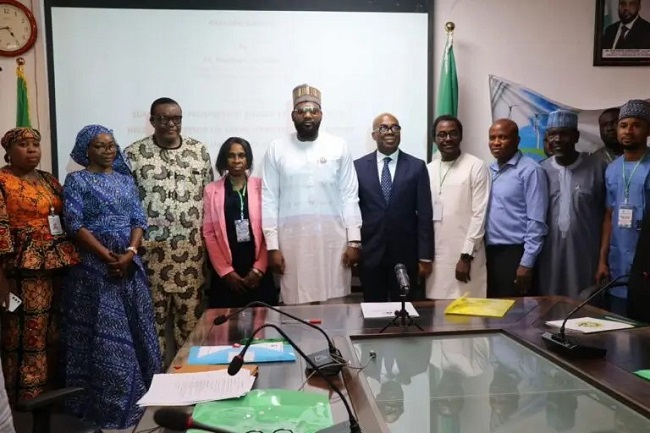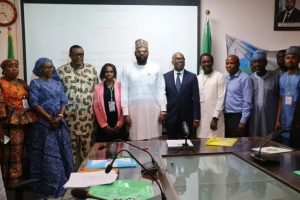The #InsureOurFuture Global Week of Action concluded on Sunday, March 3, 2024, after rallying voices from around the world to send a clear message to the insurance industry: demanding that they reject coverage for the East African Crude Oil Pipeline (EACOP) project and others like it.

As numerous banks and insurers across the globe have withdrawn support for EACOP on environmental and human rights grounds, the project developers are turning to Chinese state-backed entities to raise the required financing and insurance coverage. China Export & Credit Insurance Corporation (commonly referred to as “Sinosure”) and China Reinsurance Corporation (commonly referred to as “China Re”) are considered vital to the advancement of this controversial $5 billion pipeline.
Ugandan and Tanzanian human rights, environmental groups and local communities affected by the EACOP have attempted to engage the Chinese insurers over their potential involvement in EACOP for several years. As recently as November 2023, #StopEACOP activists held peaceful protests outside Sinosure offices and Chinese embassies across Africa, North America and Europe, delivering petitions signed by thousands of directly affected citizens opposed to the pipeline’s development. The activists requested meetings with Sinosure and the Chinese embassies, but their requests and other attempts at dialogue have not been answered.
As part of the escalation of activity to ensure that the voices of the people are sufficiently heard, the #InsureOurFuture Global Week of Action (from February 26 to 3rd of March 3, 2024) saw a groundswell of actions across the globe, culminating in a clear message to China Re and Sinosure – urging the insurers not to become complicit in the EACOP project’s destruction of livelihoods and ecosystems.
Demonstrations, community discussions, mural painting activities, workshops and protests, including at the Chinese Embassy in Tanzania, were held across EACOP-affected areas in the project’s host countries. These activities were bolstered by solidarity actions in the Democratic Republic of Congo (DRC) and across the globe.
From London, New York, Birmingham, and Manchester to Japan, activists targeted major insurance companies like Tokio Marine, AIG, and Probitas to publicly declare non-involvement in EACOP, further amplifying the call for responsible investment decisions – emphasising the need for insurance to provide security to communities who exist on the frontlines of the climate crisis, and not as surety for profits.
Notably, over 120 youth in Uganda, including those from the EACOP and Tilenga oil project host communities, wrote to the Insurance Consortium for Oil and Gas Uganda, a coalition of 19 Ugandan insurance corporations that are charged with providing 40% of the insurance cover needed for the EACOP, and demanded that the insurance companies prioritise sustainability and social responsibility by not funding the EACOP.
Further protest actions calling on the insurance industry to realign its underwriting practices with the well-being of ordinary people and aimed at ensuring the non-proliferation of fossil fuel mayhem were also held in Nigeria, South Africa, India, France, Germany, Switzerland and elsewhere across the length and breadth of the planet.
Observers believe that the global convergence on fossil fuel impact should signal the need for the insurance industry to adopt fossil fuel exclusion policies, with companies like Sinosure and China Re leading the charge in making a public commitment not to underwrite EACOP.
Zaki Mamdoo, StopEACOP Campaign Coordinator, said: “Developmental partnerships between peoples of the so-called Global South should always present a challenge to Western domination. These partnerships should pursue the realisation of substantive freedoms for all our people- working to dismantle all forms of oppression and exploitation and not perpetuating injustice in pursuit of profits. On this basis, we expect SINOSURE and China RE to withdraw any involvement in EACOP. They should not take part in the neo-colonial pillaging of Africa.”
Edna of Tanzania’s Organisation for Community Engagement (OCE) said: “The destruction of livelihoods and natural resources for profits is indefensible. We ask Chinese insurers to stand on the right side of history with vulnerable communities and our environment.”
Diana Nabiruma from AFIEGO Uganda said: “From the forests of Uganda to indigenous lands in Latin America, we must protect what is most sacred – earth’s vital ecosystems that ensure our, including youth’s, wellbeing. We urge the Insurance Consortium for Oil and Gas Uganda members to listen to the voices of Ugandan youth who will inherit the consequences of short-sighted fossil fuel projects like the EACOP.”

